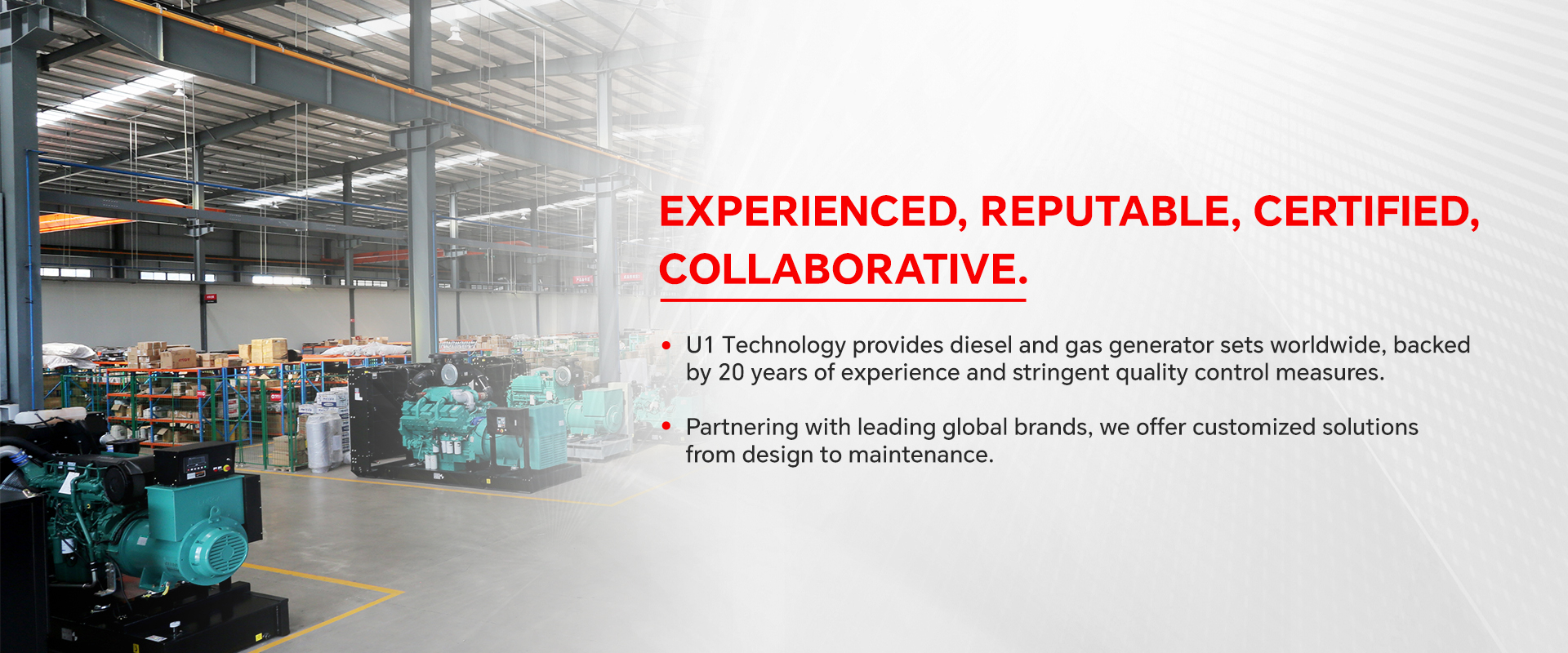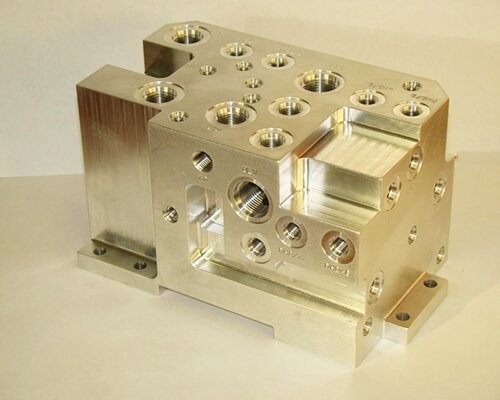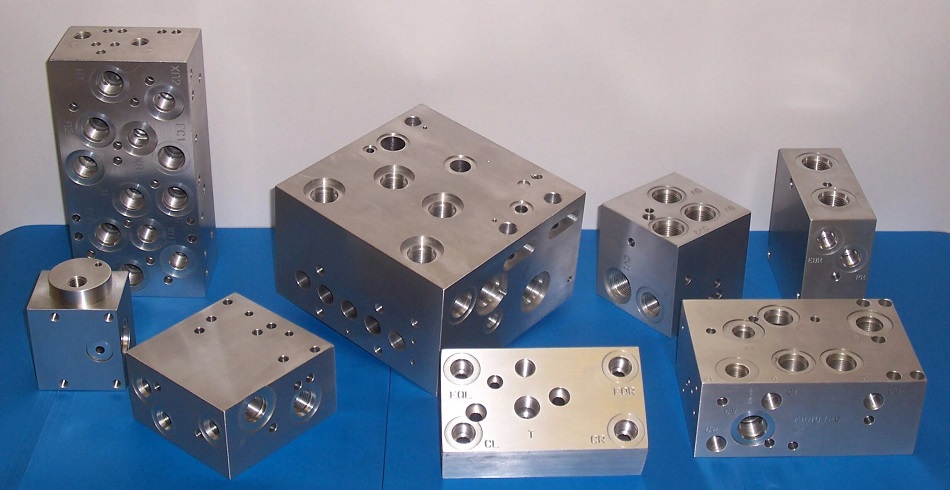In the realm of backup power generation, two prominent options be noticeable: propane and diesel generators. In the event the power goes out, as well as the need for it becomes critical, deciding on the best generator set could make a huge difference. But exactly how can you decide between propane and diesel generators? Each one has its set of pros and cons, and the choice ultimately depends on your unique needs and circumstances.

On this page, we’ll explore the distinctive features, advantages, and downsides of gas main and heavy duty diesel generators sets, assisting you to come up with a well-informed decision on what option aligns best along with your needs.
Gas Generators
Advantages
Cleaner Emissions: One of the greatest advantages of gas main generators is lower environmental impact. When gas burns, it creates fewer harmful emissions, such as particulate matter, nitrogen oxides, and sulphur dioxide, compared to a diesel genset. As a result gas main generators an eco-friendly decision for those interested in quality of air and environmental sustainability.
Cost-Effective Fuel: Gas is frequently cheaper than diesel fuel. The fee savings might be significant over time, specifically if you plan to use your generator frequently. Furthermore, the production of propane is often more stable, reducing price fluctuations.
Less Maintenance: Propane generators typically require less maintenance than their diesel counterparts. This results from the cleaner-burning nature of gas main, which results in fewer deposits and soot buildup in the engine, extending the generator’s lifespan.
Quieter Operation: Natural gas generators have quieter operation. This can be a vital consideration in residential areas and settings where noise pollution should be minimized.
Disadvantages
Limited Fuel Storage: A problem with natural gas generators could be the addiction to a continuous method of getting gas main. This could be problematic during extended power outages or perhaps remote locations a frequent propane supply may not be available.
Lower Energy Density: Propane carries a lower energy density when compared with diesel, meaning you could demand a larger storage capacity or higher frequent refuelling for a similar output.
Lower Fuel Efficiency: Propane generators are generally less fuel-efficient than diesel generators, which can increase operational costs in the long run.
Lower Portability: Due to need for a passionate gas supply, these generators are less portable and versatile than diesel generators.
Diesel Generators
Advantages
High Energy Density: Diesel fuel is renowned for its high energy density. Therefore diesel generators provides more power in a smaller package, which makes them well suited for applications where space is restricted.
Fuel Storage: Diesel generators have the benefit of to be able to store fuel for longer periods without degradation. As a result them a dependable decision for backup power in remote locations and through long-term power outages.
Fuel Efficiency: Diesel generators provide fuel efficiency, consuming less fuel for the similar output as natural gas generators. This brings about lower operational costs.
Greater Reliability: Diesel engines are usually better quality and sturdy, which can lead to greater reliability in demanding conditions. They can be the go-to choice for mission-critical applications.
Disadvantages
Emissions and Environmental Impact: Diesel generators emit higher levels of pollutants, including nitrogen oxides and particulate matter, which may have adverse effects on air quality and public health. Stricter emissions regulations have been implemented to mitigate these complaints.
Noise Levels: Diesel generators are generally noisier than gas generators, which is often a concern in residential areas or where noise pollution can be a consideration.
Fuel Availability and expense: Diesel fuel might be more expensive and susceptible to price fluctuations. Additionally, storing bulk of diesel fuel can pose safety and environmental risks.
Maintenance Requirements: Diesel generators typically want more frequent maintenance because of soot and carbon buildup inside the engine, which can improve the price tag of ownership.
When you ought to Choose Propane Generators?
Environmental Concerns: Should you prioritize environmental sustainability and cleaner emissions, an organic gas generator could be the strategy to use.
Personal savings: If you’re looking to reduce fuel costs over the long term and still have access to a dependable propane supply, gas generators might be more cost-effective.
Quiet Operation: In residential areas or places where noise levels have to be kept low, gas main generators include the quieter choice.
More uncommon Use: If the generator operates as a backup for occasional power outages, the bottom maintenance requirements of gas generators get them to an expedient option.
When you ought to Choose Diesel Generators?
High Power Requirements: Prefer a high-power output in a compact package, diesel generators, using high energy density, include the better option.
Reliability: For mission-critical applications where reliability is paramount, such as data centres or healthcare facilities, diesel generators in many cases are preferred due to their robust and sturdy engines.
Remote Locations: In areas with limited usage of a natural gas supply or during long-term power outages, diesel generators using their reliable fuel storage are the more practical choice.
Frequent Use: If the generator might find frequent use and you prioritize fuel efficiency, diesel generators can be less expensive over time.
Conclusion
The choice between propane and diesel generators depends on your unique requirements, budget, and environmental concerns. Both forms of generators have their own pros and cons, and the secret is to softly evaluate your requirements priorities before you choose. Additionally, make sure to understand local regulations and emissions standards that could affect your option.
For details about gas generator check the best net page



